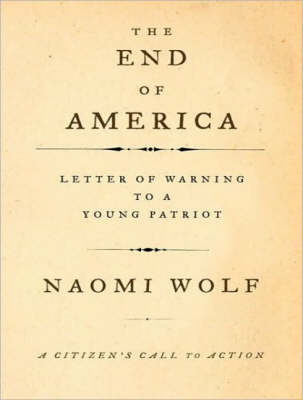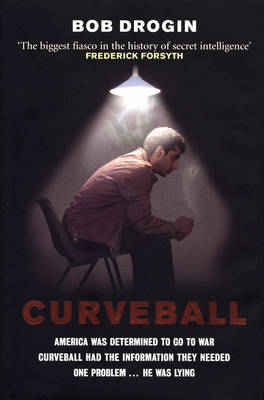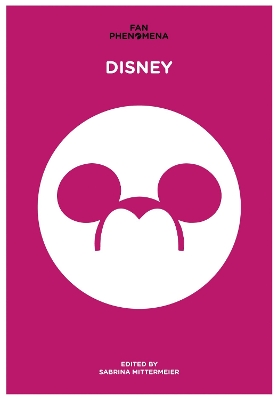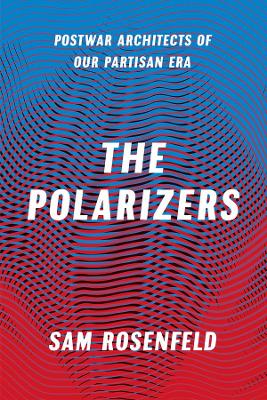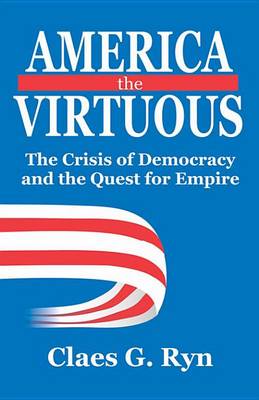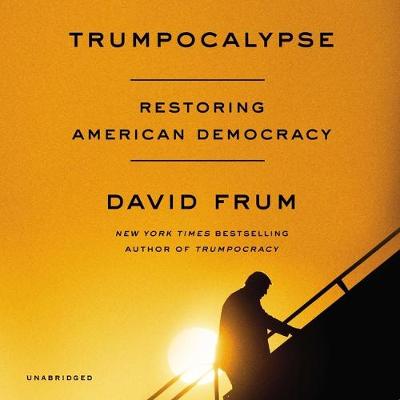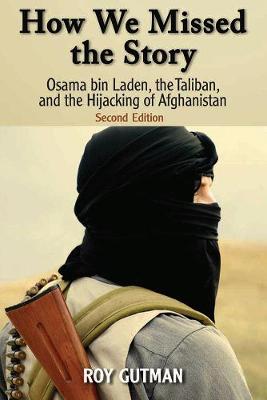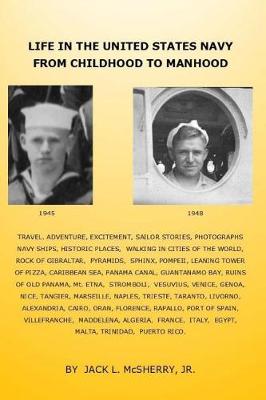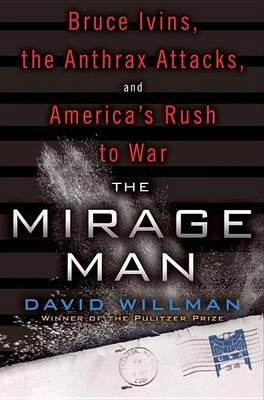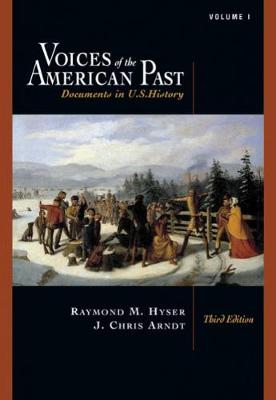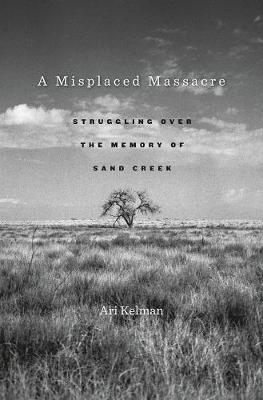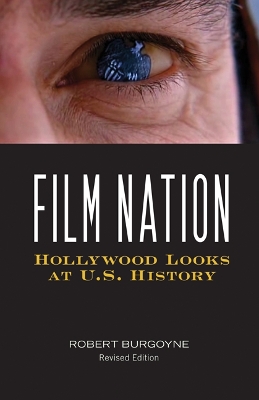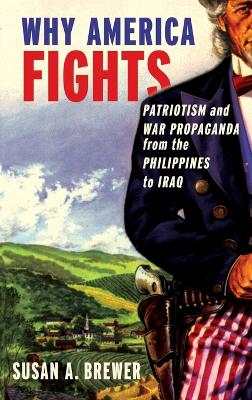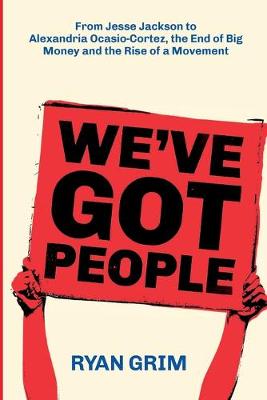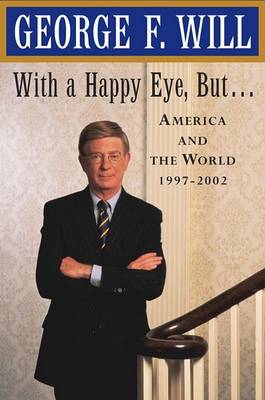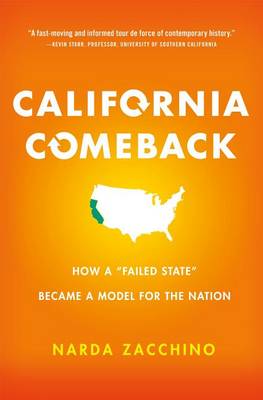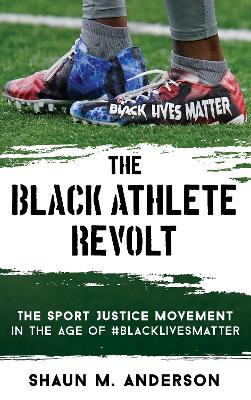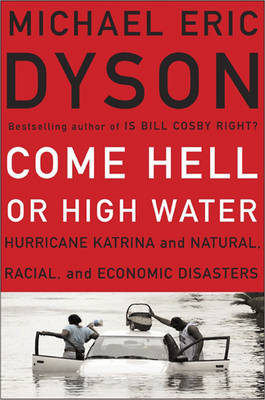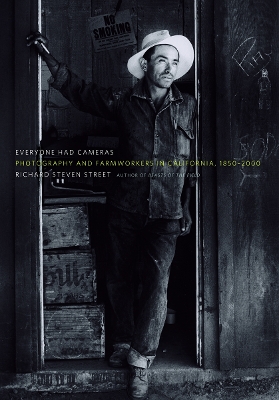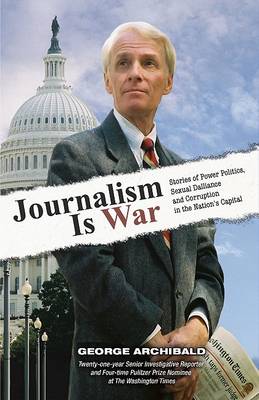America was determined to go to war. Curveball had the information they needed. One problem...He was lying. 'Curveball' was the undercover code name given to the mysterious defector whose assertions set the Iraq War in motion. A desperate young Iraqi applying for political asylum in Munich, his first-hand 'evidence' on Saddam Hussein's biological weapons programme would ultimately be a central plank of the Bush administration's justification in launching an invasion. Trouble was, virtually every...
The volume provides an overview on fan engagement with the Disney brand(s), tackling theme parks, animated and live action films and television and stage musicals, as well as the Walt Disney Company’s reaction to it. It encompasses fan practices such as fan fiction, cosplay, social media engagement and activism.
Even in this most partisan and dysfunctional of eras, we can all agree on one thing: Washington is broken. Politicians take increasingly inflexible and extreme positions, leading to gridlock, partisan warfare, and the sense that our seats of government are nothing but cesspools of hypocrisy, childishness, and waste. The shocking reality, though, is that modern polarization was a deliberate project carried out by Democratic and Republican activists. In The Polarizers, Sam Rosenfeld details why bi...
In "How We Missed the Story, Second Edition," Pulitzer prize-winning journalist Roy Gutman extends his investigation into why two successive U.S. administrations failed to head off the assaults of 9/11 and to look at the U.S. military intervention that followed. With American forces due to withdraw in 2014 from a country far from stable, he suggests that the longest ever U.S. military intervention was doomed by the same flawed outlook that prevailed in the 1990s. During that twenty-five-year spa...
Life in the United States Navy From Childhood to Manhood
by Jack L McSherry Jr
Mirage Man, The: Bruce Ivins, the Anthrax Attacks, and America's Rush to War
by David Willman
VOICES OF THE AMERICAN PAST: DOCUMENTS IN U.S. HISTORY, VOLUME I: TO 1877 presents a variety of diverse perspectives through more than 100 primary sources. Excerpts from speeches, letters, journals, political cartoons, magazine articles, hearings and government documents raise issues from both public and private aspects of American life throughout history. A "Guide to Reading and Interpreting Documents" in the front matter explains how and why historians use primary source evidence, and outlines...
In the early morning of November 29, 1864, with the fate of the Union still uncertain, part of the First Colorado and nearly all of the Third Colorado volunteer regiments, commanded by Colonel John Chivington, surprised hundreds of Cheyenne and Arapaho people camped on the banks of Sand Creek in southeastern Colorado Territory. More than 150 Native Americans were slaughtered, the vast majority of them women, children, and the elderly, making it one of the most infamous cases of state-sponsored v...
Events of the past decade have dramatically rewritten the American national narrative, bringing to light an alternate history of nation, marked since the country’s origins by competing geopolitical interests, by mobility and migration, and by contending ethnic and racial groups. In this revised and expanded edition of Film Nation, Robert Burgoyne analyzes films that give shape to the counternarrative that has emerged since 9/11—one that challenges the traditional myths of the American nation-sta...
On the evening of September 11, 2002, with the Statue of Liberty shimmering in the background, television cameras captured President George W. Bush as he advocated war against Iraq. This carefully stage-managed performance, writes Susan A. Brewer, was the culmination of a long tradition of sophisticated wartime propaganda in America. In Why America Fights, Brewer offers a fascinating history of how successive presidents have conducted what Donald Rumsfeld calls "perception management," fr...
The Port Huron Statement (Sixties, #1)
by Students for a Democratic Society
With a Happy Eye, but...America and the World 1998-2002
by George F Will
In the introduction to this, the seventh collection of the newspaper and magazine columns, book reviews, speeches, and occasional writings of George Will, he notes the bemusement with which some may react to his choice of title. W. H. Auden wrote his poem "The Horatians "from which the following lines are taken: " We can only do what it seems to us we were made for, look at this world with a happy eye but from a sober perspective." The poem was written in 1968. It was a year notable in the Unit...
"In recent years, California has begun, sometimes boldly, sometimes tentatively, a reinvestigation of the idea that government may not be a dirty word. From raising taxes on those with annual incomes over $250,000, to shifting money toward the schools of poor children, from seeking environmental alliances with other countries to limit global warming, to the rejection of military solutions to the problems posed by illegal immigration, California has been a laboratory of innovation. These are clea...
A timely and significant examination of how Black athletes have used their influence to create meaningful change and reform for Black Americans. In the age of social media, athletes have a powerful influence like never before. Many Black athletes have used that power in positive ways, galvanizing their platforms to create impactful educational opportunities, donate to Black social causes, and raise political awareness on important issues. In The Black Athlete Revolt: The Sport Justice Movemen...
When Hurricane Katrina tore through New Orleans and the Gulf Coast, hundreds of thousands were left behind to suffer the ravages of destruction, disease, and even death. The majority of these people were black; nearly all were poor. The Federal government's slow response to local appeals for help is by now notorious. Yet despite the cries of outrage that have mounted since the levees broke, we have failed to confront the disaster's true lesson: to be poor, or black, in today's ownership society,...
American photographers have been fascinated by the lives of California farmworkers since the time of the daguerreotype. From the earliest Gold Rush–era images and the documentary photographs taken during the Great Depression to digital images today, photographers and farmworkers in California have had a complicated and continuously changing bond. In Everyone Had Cameras, Richard Steven Street provides a comprehensive history of the significant presence of California farmworkers in the visual cul...
